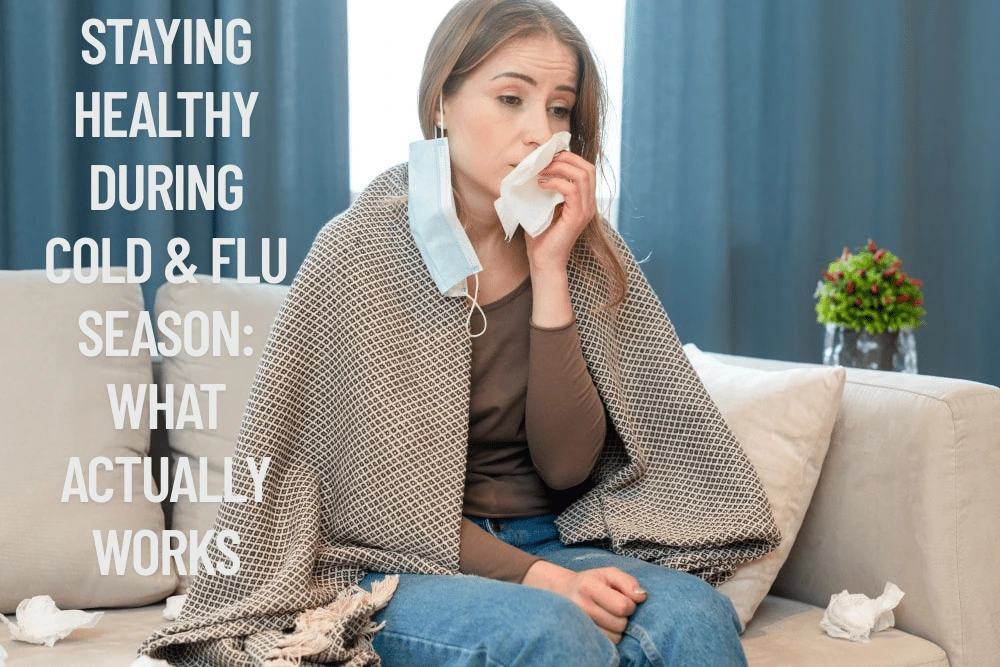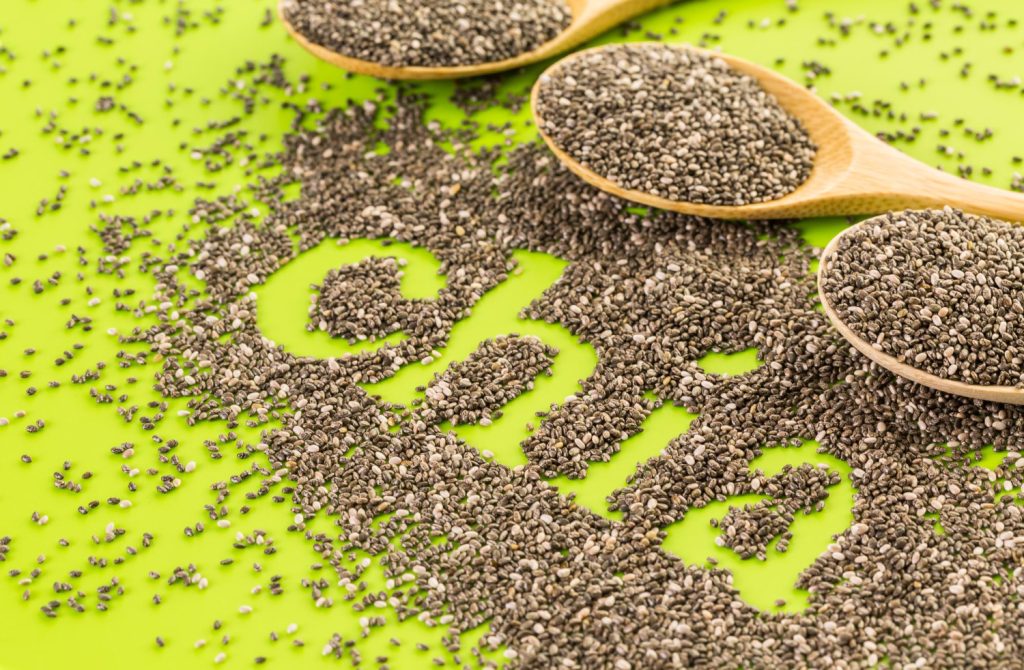As temperatures drop and sniffles rise, we all start asking the same question: What actually helps prevent getting sick during cold and flu season? With so much advice floating around—from old wives’ tales to trending TikTok hacks—it can be hard to know what’s worth your time (and money).
Let’s break down the science-backed habits that can actually help you stay healthy when everyone around you is coughing.
1. Get Your Flu Shot (and Consider Other Vaccines)

One of the most effective tools we have for preventing illness is vaccination. The flu vaccine is updated each year to protect against the strains most likely to spread—and while it doesn’t guarantee you won’t get sick, it can significantly reduce your risk of severe symptoms and complications.
Also, talk to your healthcare provider about COVID-19 boosters and other recommended vaccines like the RSV shot (especially for older adults or pregnant individuals).
2. Wash Your Hands (Yes, Really!)
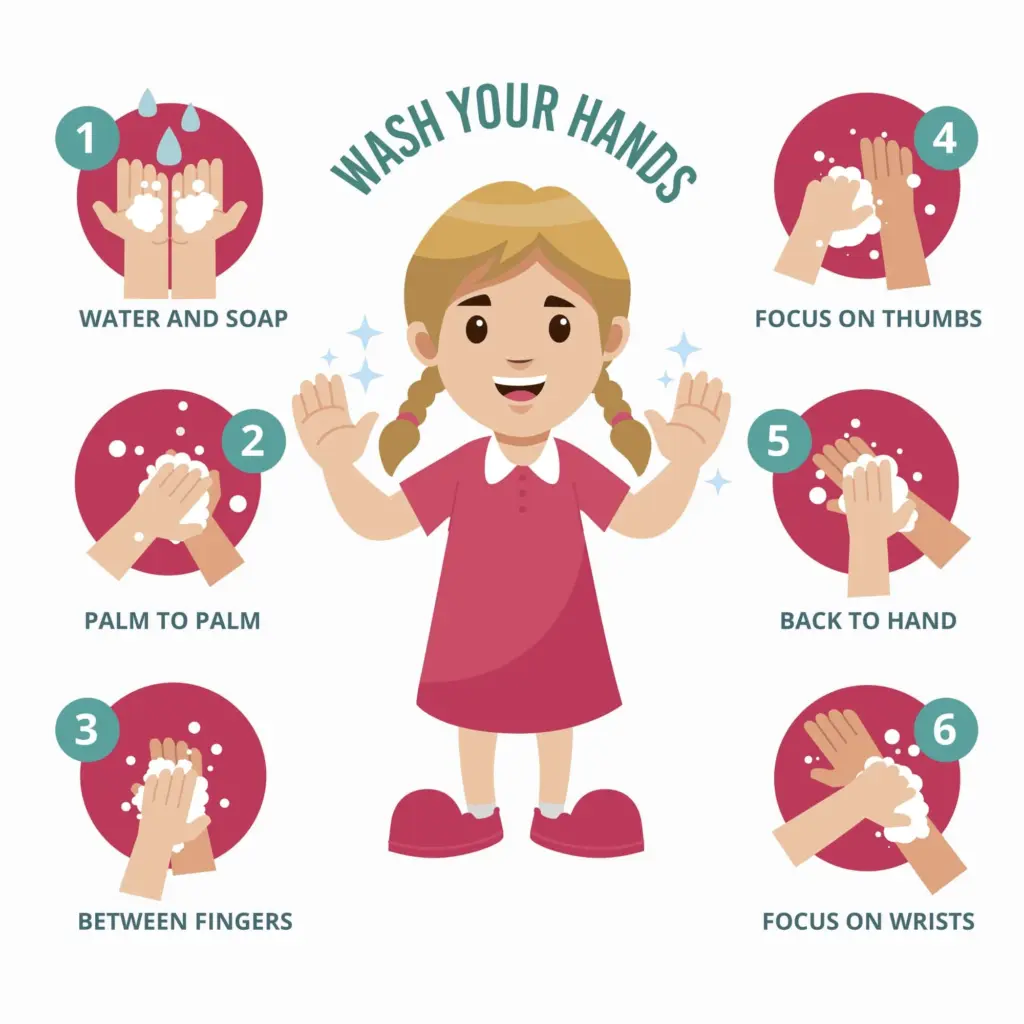
This one might seem obvious, but consistent handwashing with soap and water for at least 20 seconds is still one of the best defenses against germs. Hand sanitizer is a good backup when you’re on the go, but it doesn’t replace a proper scrub.
Tip: Focus on high-risk moments—before eating, after using public transportation, and after coughing or sneezing.
3. Don’t Touch Your Face
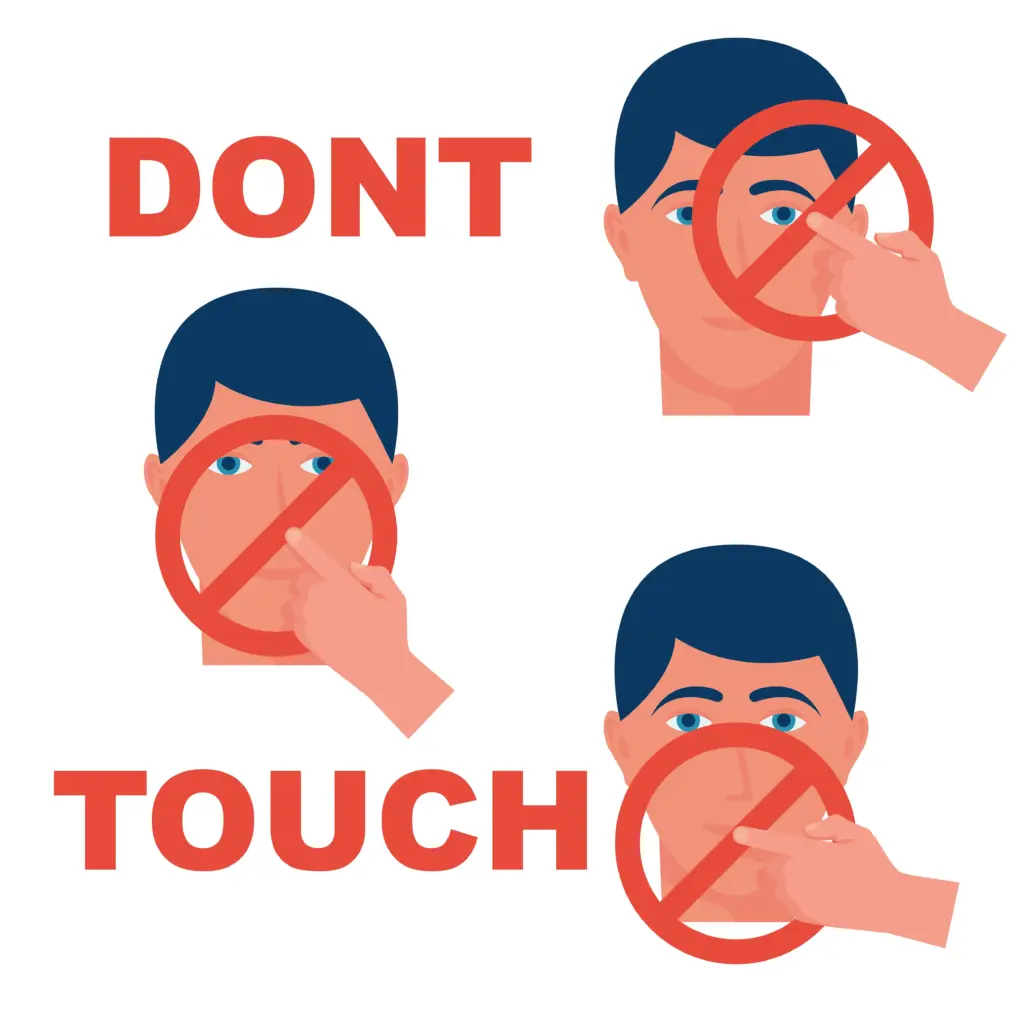
Viruses often enter the body through the eyes, nose, or mouth. If you’ve been out in public and haven’t washed your hands yet, try to resist the urge to rub your eyes or touch your face.
4. Support Your Immune System with Good Habits

Your immune system thrives when your body is well cared for. Here’s how to give it the support it needs:
- Sleep: Aim for 7–9 hours a night. Sleep deprivation can make you more susceptible to infection.
- Nutrition: A balanced diet rich in fruits, vegetables, whole grains, and lean proteins provides the vitamins and antioxidants your body needs.
- Hydration: Staying well-hydrated helps keep your mucous membranes moist, which can better trap viruses before they infect you.
- Exercise: Moderate physical activity can boost immunity, but avoid overtraining, which may have the opposite effect.
5. Use Masks and Air Filters Wisely
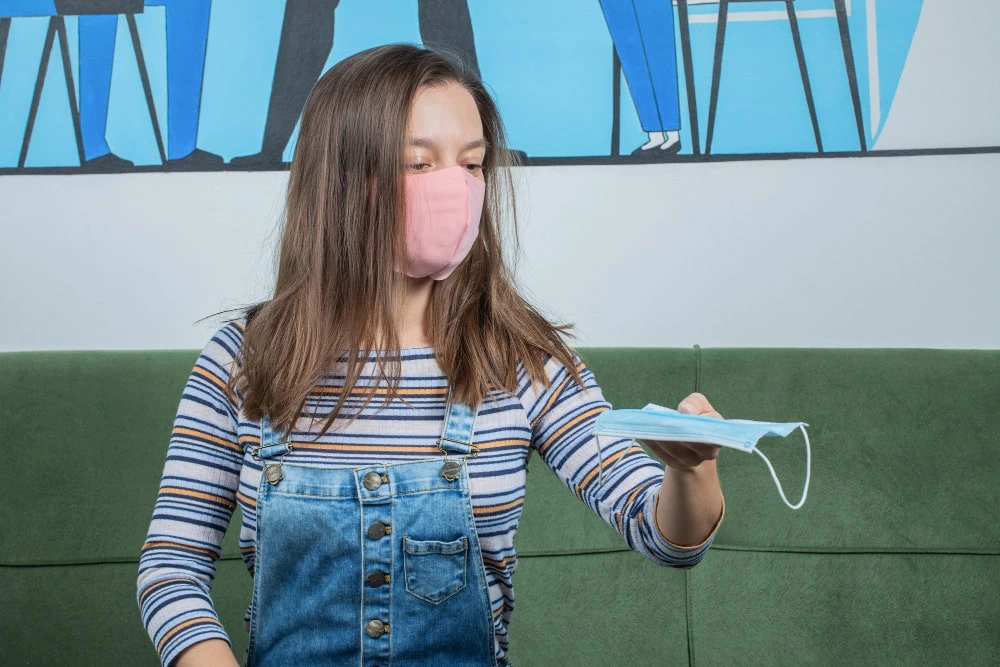
Especially in crowded indoor spaces, masks can reduce your exposure to respiratory droplets that carry viruses. HEPA air purifiers can also help reduce airborne particles in your home or office, especially in poorly ventilated areas.
6. Be Mindful of Sick Contacts

It’s not always possible to avoid people who are sick, but if someone you live or work with is ill, take extra precautions:
- Don’t share utensils or drinks.
- Disinfect high-touch surfaces daily.
- Consider wearing a mask in shared spaces.
- Open windows for better air circulation.
7. Supplements: Which Ones Might Help?

While no supplement can “cure” or prevent the cold or flu, some have shown modest benefits:
- Vitamin C: May slightly reduce the duration of colds, especially for those under physical stress.
- Vitamin D: Low levels are linked to increased susceptibility to infections.
- Zinc: Can shorten the duration of a cold if taken within 24 hours of symptoms starting.
Always talk to your doctor before starting any new supplement.
Final Thoughts
There’s no magic bullet for staying healthy during cold and flu season—but a combination of smart habits, good hygiene, and common sense can go a long way. Focus on what’s proven to work, and you’ll give yourself the best shot at avoiding the worst of the season.

